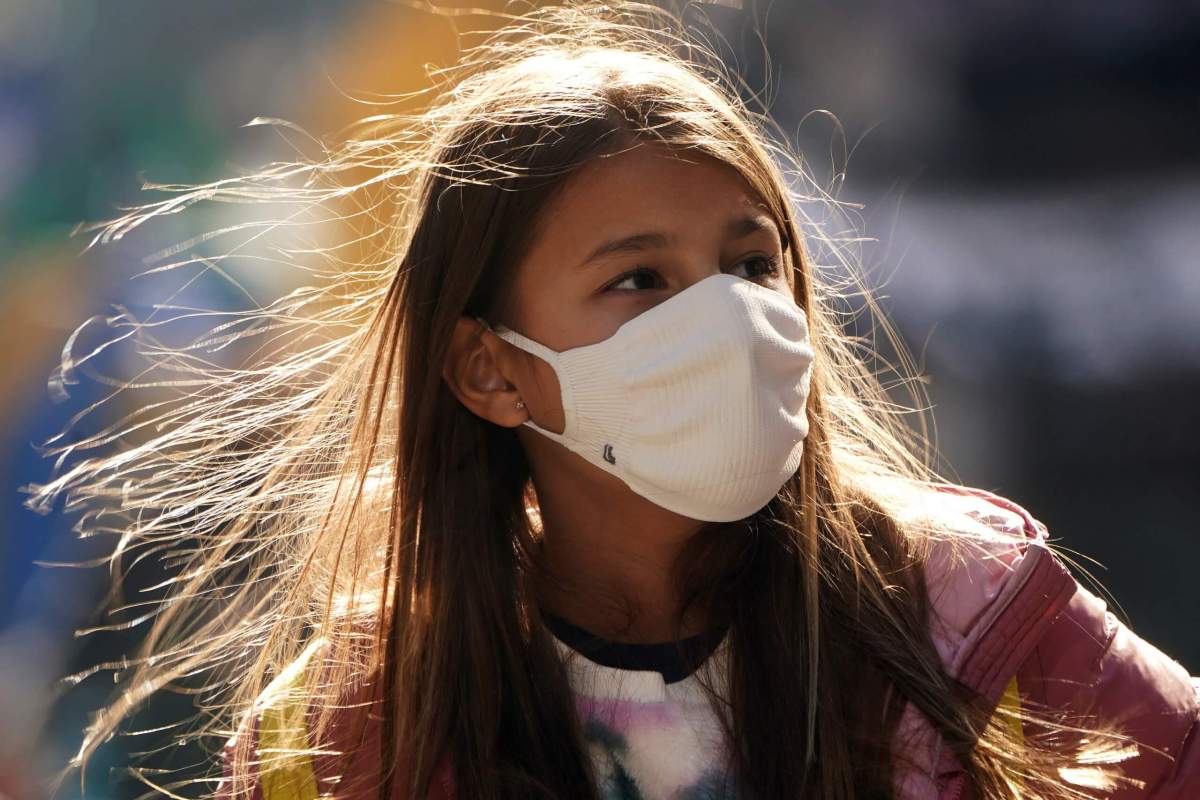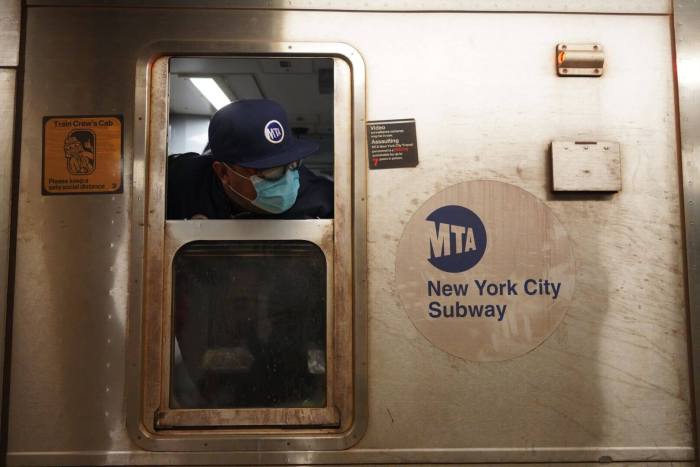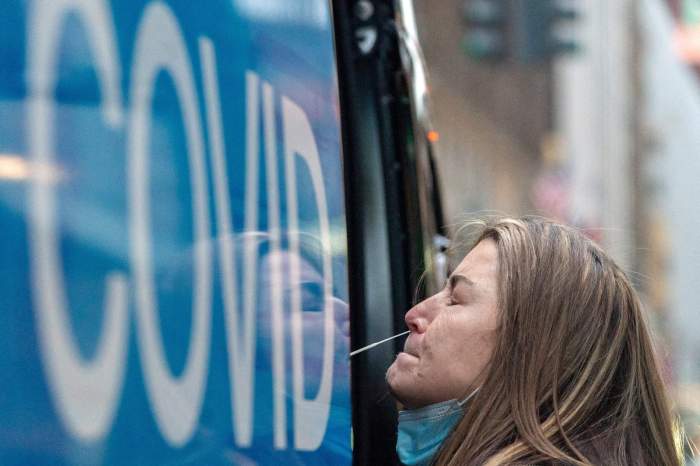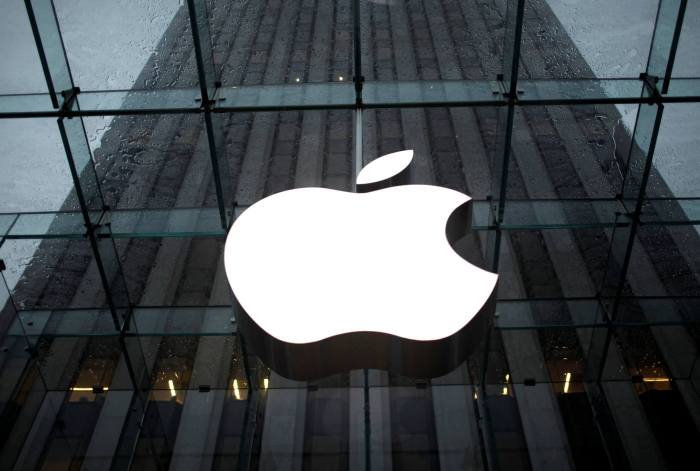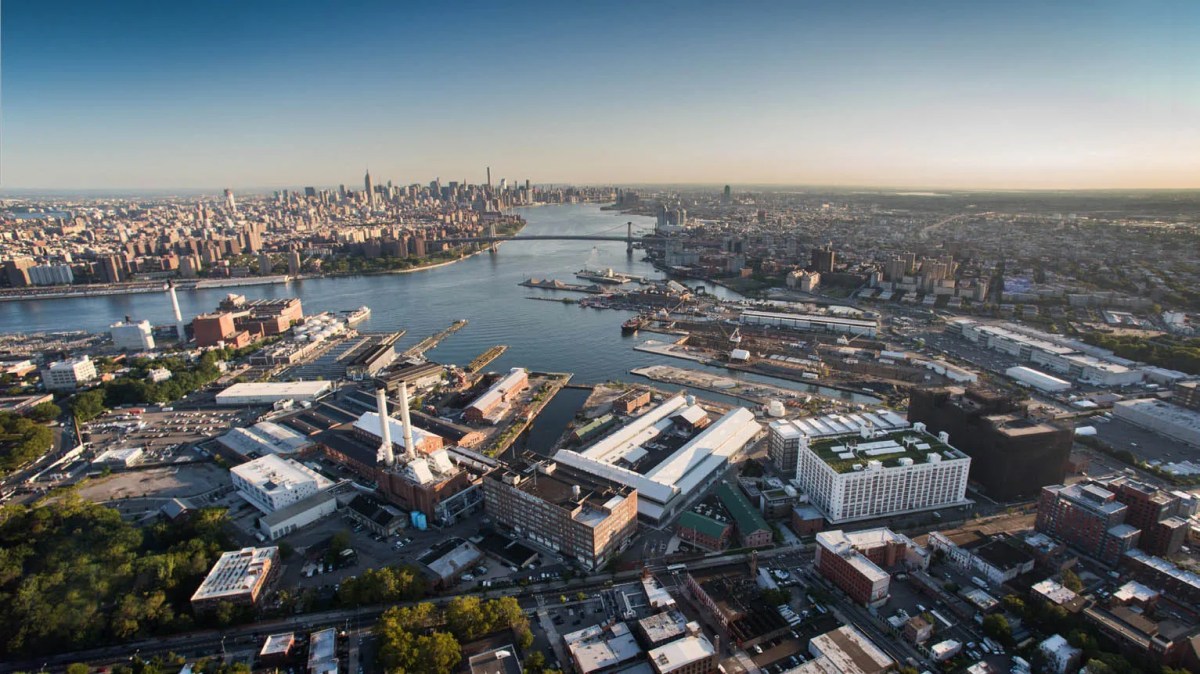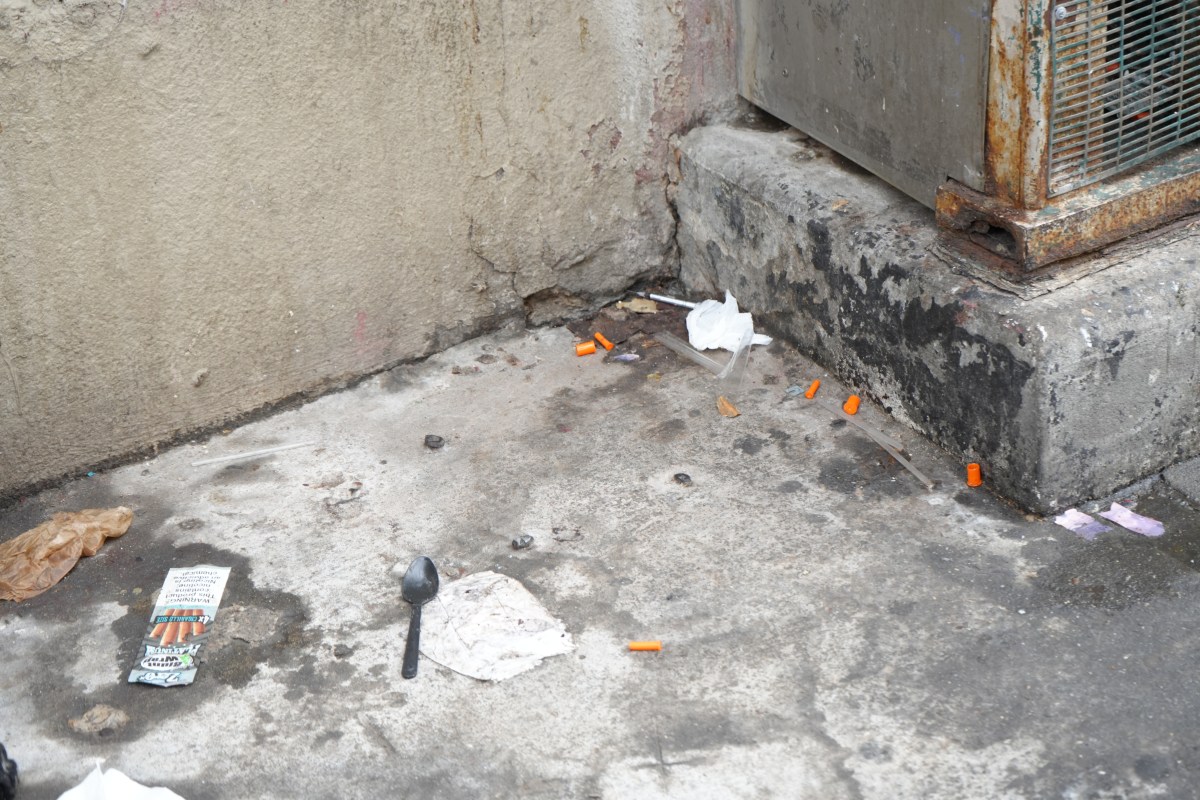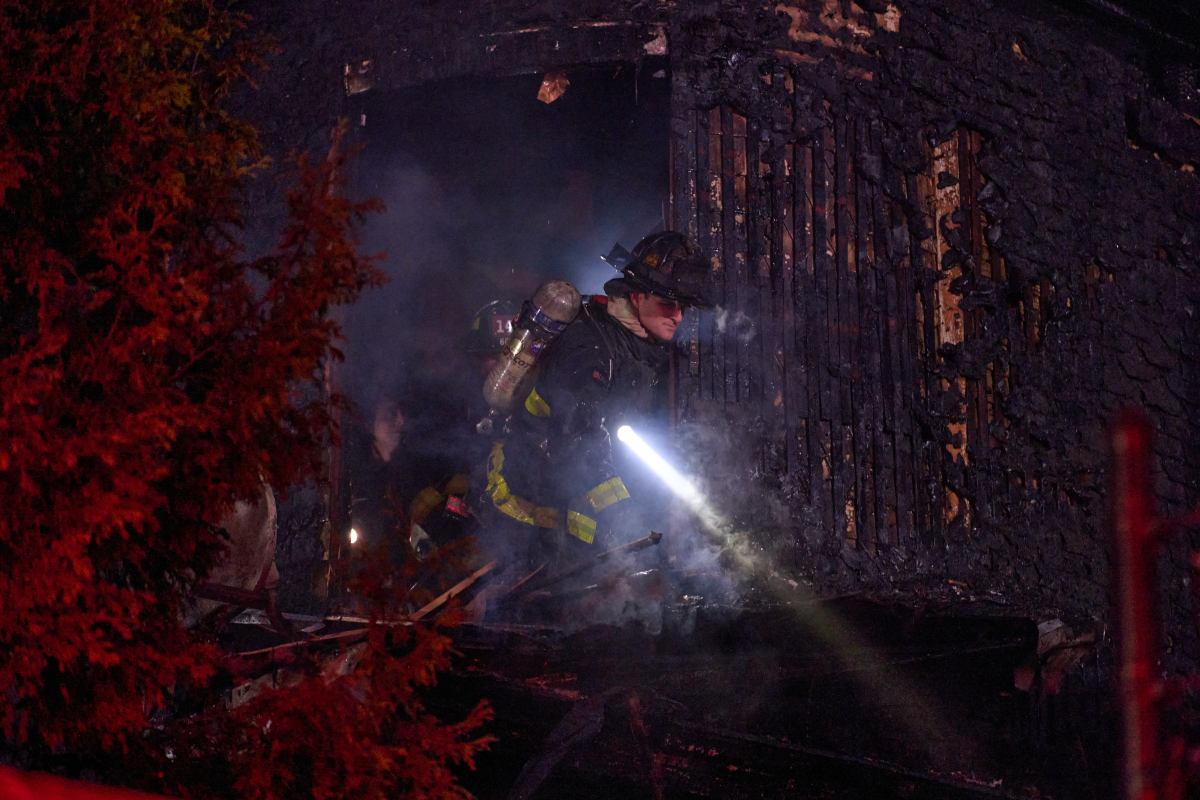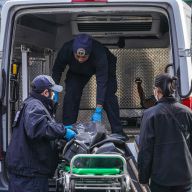A new sub-variant of the COVID-19 variant Omicron called BA.2 and also known as the ‘stealth’ sub-variant is now accounting for roughly 30% of current COVID cases in New York City.
This sub-variant is more transmissible than the earlier BA.1 Omicron variant that ravaged the city in the late months of 2021.
Dr. Ashwin Vasan, starting his first week as the city’s new health commissioner, told New Yorkers during a press conference on March 18 that he and his team of health experts were closely monitoring the situation to see if this new wave of the BA.2 sub-variant will drive a similar spike in deaths and hospitalizations as the initial Omicron variant.
“Community spread remains low,” Dr. Vasan said, during his first news conference as health commissioner. “Hospitalizations and deaths are stable or decreasing.”
Cases of COVID-19 have been quickly declining since January, but cases have once again been rising in recent days according to Dr. Celia Quinn, deputy commissioner overseeing the Health Department’s public health laboratory.
Healthcare officials will continue to monitor cases and hospitalization rates as data showed that as of March 17 an average of 905 new cases of COVID were reported in the city, a 35% increase from data two weeks ago indicating 700 new cases.
Dr. Quinn noted that while there is a current spike in cases, BA.2 “does not appear to cause more severe illness” than BA.1.
Healthcare experts and epidemiologists are not quite certain whether this new variant will drive the same spike in deaths and hospitalizations at the BA.1 Omicron sub-variant, and researchers in Denmark and Britain have found evidence that BA.2 does not carry a significantly higher risk of hospitalization than previous COVID-19 variants.
Research also showed that vaccines continued to be effective at preventing serious illness or hospitalization from BA.2, as previously discovered with BA.1.
And although 77.4 percent of New York City residents are fully vaccinated, just 36.1 percent have received an additional booster dose.
“It’s essential that New Yorkers go and get boosted when they’re eligible,” said Dr. Vasan.



